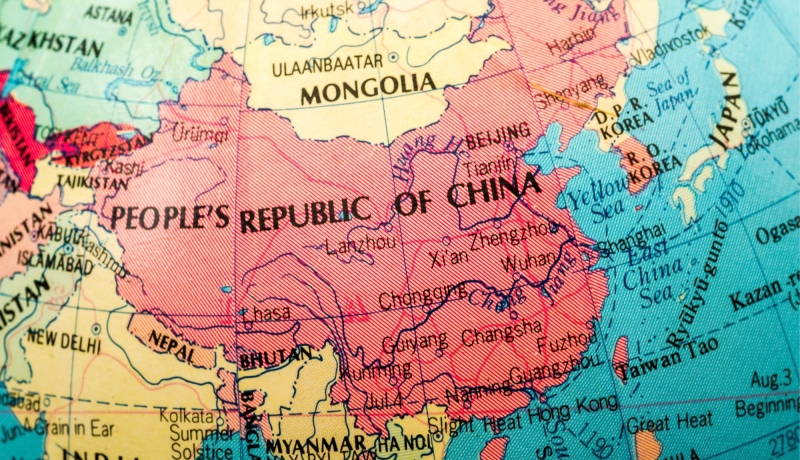Is China taking financial liberalisation seriously? The Chinese financial system after the great global imbalances
The last 15 years have been a rollercoaster for China´s banking system. From systemic insolvency in the early 2000s, China has moved to a lager and seemingly sounder banking system after a comprehensive restructuring effort. More recently a huge fiscal stimulus and massive borrowing by corporates has again increased Chinese banks’ vulnerabilities while delaying the liberalization process that had been pushed in the second part of the 2000s. The question, thus, is how big these vulnerabilities are and which actions Chinese authorities are taking to address them while also trying to complete the financial and capital account liberalization processes.
With regard to capital markets, the State Council released in May a new policy document on capital market development that once again reaffirmed the goal of increasing the country’s share of direct financing of the economy. China’s capital markets are relatively large, even when compared to the size of its enormous economy. However, several issues need to be considered. China’s capital markets currently allocate funds in a manner that is biased in favour of SOEs. Access to capital markets for private firms has been improving, but there is still far more room for improvement. Regulatory barriers and shortcomings, such as overly restrictive rules on new listings, restrictions on foreign ownership, insider trading and corporate governance scandals, multiple regulators and conflicting policies in the bond market, prevent China’s capital markets from functioning as effectively as possible. The composition of investors in Chinese capital markets is also problematic, with the Chinese government and the state-owned commercial banks playing a disproportionately large role as investors. Retail investors are very active in the Chinese stock market, but millions have fled the market after years of excessive volatility and disappointing returns. Foreign investors are limited to the QFII and RQFII programs (Qualified Foreign Institutional Investor). While the quota amounts have increased in recent years, foreign holdings of Chinese securities remain extremely limited.
Chair: Karel Lannoo, CEO, CEPS
Presentation by Alicia García-Herrero, Chief Economist for Emerging Markets, Banco Bilbao Vizcaya Argentaria (BBVA).
James Hopegood, Policy Analyst, Asset management unit (G4), DG MARKT, Internal Market and Services, European Commission.
Norbert Wunner, Deputy Head of Unit, Countries of the G-20 - IMF - G-Groups (Unit D3), DG ECFIN, European Commission.
Downloads
- Presentation Alicia Garcia-Herrero, BBVA
- Event report
Registration
- Participation in ECMI-CEPS meetings is a benefit of ECMI and CEPS membership. ECMI and CEPS members register free of charge. EU and national officials, academics (including PhD students), NGOs (not representing a commercial interest) as well as press are also admitted free of charge.
- Other participants may be admitted for €100 (21% VAT included, payable at registration). If you have questions regarding membership or participation, please contact [email protected] before registering.
- Click here to register (you will be redirect to CEPS website). A sandwich lunch will be served before the event, from 12.30 onwards.

